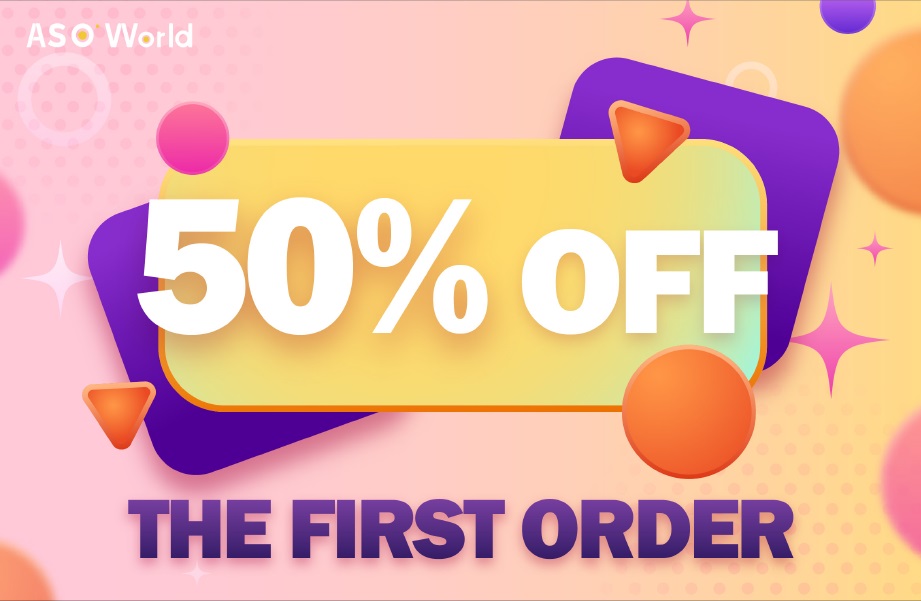How to Grow Your Sports App by Leveraging App Store Seasonality?






User reviews can have a direct impact on how potential users perceive the quality of your services and products, ultimately influencing conversion rates.

In the contemporary era of mobile internet, where an abundance of alternatives exists for any given product or service, users frequently encounter decision-making challenges when selecting applications.
A competing app may appear more refined, or another may better align with specific needs. In such scenarios, the insights provided by other users exert considerable influence on individual choices.
User-generated reviews directly inform prospective users' assessments of an application's quality and efficacy, thereby exerting a measurable impact on conversion metrics.
An accumulation of positive reviews enhances an application's ranking potential. This correlation is recognised by both Apple and Google, as the reputational standing of an application is quantifiable through aggregated ratings and textual feedback.
Fundamentally, during the download process, users rely on peer endorsements, akin to seeking recommendations from trusted associates when making purchase decisions in retail environments. Upon identifying a high-quality application, the user attributes success to the recommending community, indirectly benefiting the platform provider such as Apple.
Users assign ratings to applications on a scale of one to five stars. Each rating contributes to the aggregate score, which is prominently displayed on product detail pages and within search results. An overall rating is computed and presented for each geographic region in the App Store and Google Play ecosystems. Developers may elect to reset ratings upon the release of a new version.
It is advisable to exercise caution with this reset functionality. While it provides a more precise reflection of user sentiment towards the updated version—particularly beneficial following resolutions to prior issues—a paucity of ratings may diminish user confidence and download propensity. Notably, resetting the aggregate rating does not affect associated textual reviews.

Textual reviews afford users the opportunity to articulate comprehensive experiences with an application. In the event of a rating reset, extant reviews remain visible on the product page to preserve historical context.
To submit a valid review for an application in the App Store, users must authenticate via their Apple ID. Analogously, Google Play requires login with a Google account prior to posting. These authentication measures ensure that all reviews originate from verified accounts, upholding platform integrity.
Launch the App Store or Google Play application on an iOS or Android device.
Locate the target application through browsing or search functionality.
Select the application to access its detail page.
Navigate to the "Reviews" section by scrolling downward.
Assign an appropriate star rating, or initiate composition by selecting "Write a review."
Adhere to on-screen prompts to draft the review and incorporate supplementary details.
Confirm submission by selecting "Publish."
Both Apple and Google employ sophisticated anti-fraud protocols to validate that reviews emanate from authentic users, thereby maintaining the credibility of displayed content.
These procedural requirements, while potentially extending user effort, enhance the algorithmic weight of genuine reviews within ASO frameworks. In contrast, non-compliant or suspicious submissions are systematically excluded, with Apple imposing stringent penalties, including formal warnings or application removal.
The integrated rating and review system facilitates direct user input within the platform, complemented by developer response capabilities. Developers and ASO specialists must consider the implications of these mechanisms on strategy formulation and performance optimisation.
Acquiring ratings or reviews for targeted markets in the App Store or Google Play necessitates complementary promotional activities, such as advertising campaigns or controlled installations, to augment organic traffic metrics.
Keyword installs serve to incrementally elevate download volumes, thereby simulating natural user acquisition patterns and bolstering credibility.
To align acquired activities with organic user behaviour, calibrate volumes relative to the application's baseline traffic in the designated region, mirroring existing rating distributions.
Adhere to a proportional model of 100:15:5 for downloads:ratings:reviews.
Illustrative allocation: 100 downloads + 15 ratings + 5 reviews.
This configuration fosters a balanced, organic-appearing progression.
In the App Store context, proportional adherence is less stringent than in Google Play. Relative to the aforementioned model, a ratio of 100:20:10 for downloads:ratings:reviews is recommended to maintain equilibrium.
Such proportionality emulates contributions from legitimate user cohorts, enhancing perceptual authenticity.
Platform-Specific Review Submission Policies
Adopt a weekly cycle with a distribution ratio of 2:2:2:2:3:3:3 for daily review increments.
Ratings and reviews must embody utility and veracity, serving as mechanisms for disseminating constructive insights that assist users in identifying superior content and services within the Google Play ecosystem.
The ensuing delineates platform policies governing ratings and reviews. Violations precipitate content removal, with persistent or egregious infractions resulting in user posting privileges revocation.
Reviews shall accurately represent experiential realities with the reviewed material or service.
Content must pertain directly to the subject application, service, or user experience under evaluation.
Reviews shall prioritise substantive utility over promotional objectives unrelated to the evaluated entity.
Impartiality underpins the informational integrity of reviews; financial incentives are impermissible.
Reviews shall derive from personal engagements and viewpoints.
Articulate experiences and opinions without disclosure of confidential or identifying information.
Prohibit dissemination of personal data, such as addresses or identification numbers.
Submissions must conform to applicable laws, terms of service, and contractual obligations.

Get FREE Optimization Consultation
Let's Grow Your App & Get Massive Traffic!
All content, layout and frame code of all ASOWorld blog sections belong to the original content and technical team, all reproduction and references need to indicate the source and link in the obvious position, otherwise legal responsibility will be pursued.